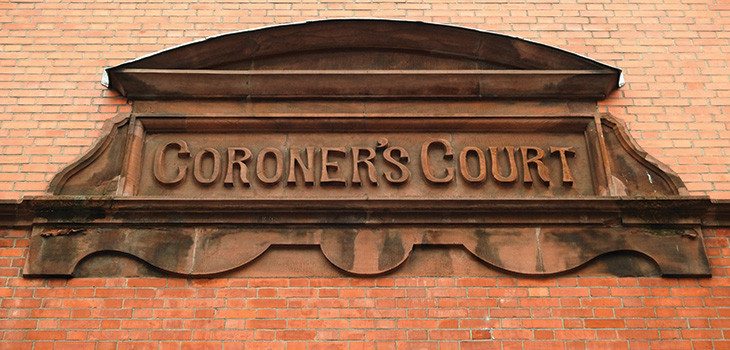
- The coronial jurisdiction should consider with care best practice from the civil, family and criminal jurisdiction when it comes to their treatment of vulnerable witnesses and parties.
In February 2020, the Civil Justice Council produced its report ‘Vulnerable witnesses and parties within civil proceedings—current position and recommendations for change’. Extending to 155 pages, the report provided a detailed survey of the existing practices and measures intended to facilitate access to the justice system and offered detailed recommendations for their enhancement.
The report stated that ‘Access to justice, just procedures and fair hearings are essential elements of our justice system. To ensure the system works properly such elements need to cater for parties and witnesses, who by reason of mental or physical disability/disorder, impairment of intellectual or social functioning, fear or distress, or other reason, are vulnerable such that their ability to participate in proceedings, or to give their









